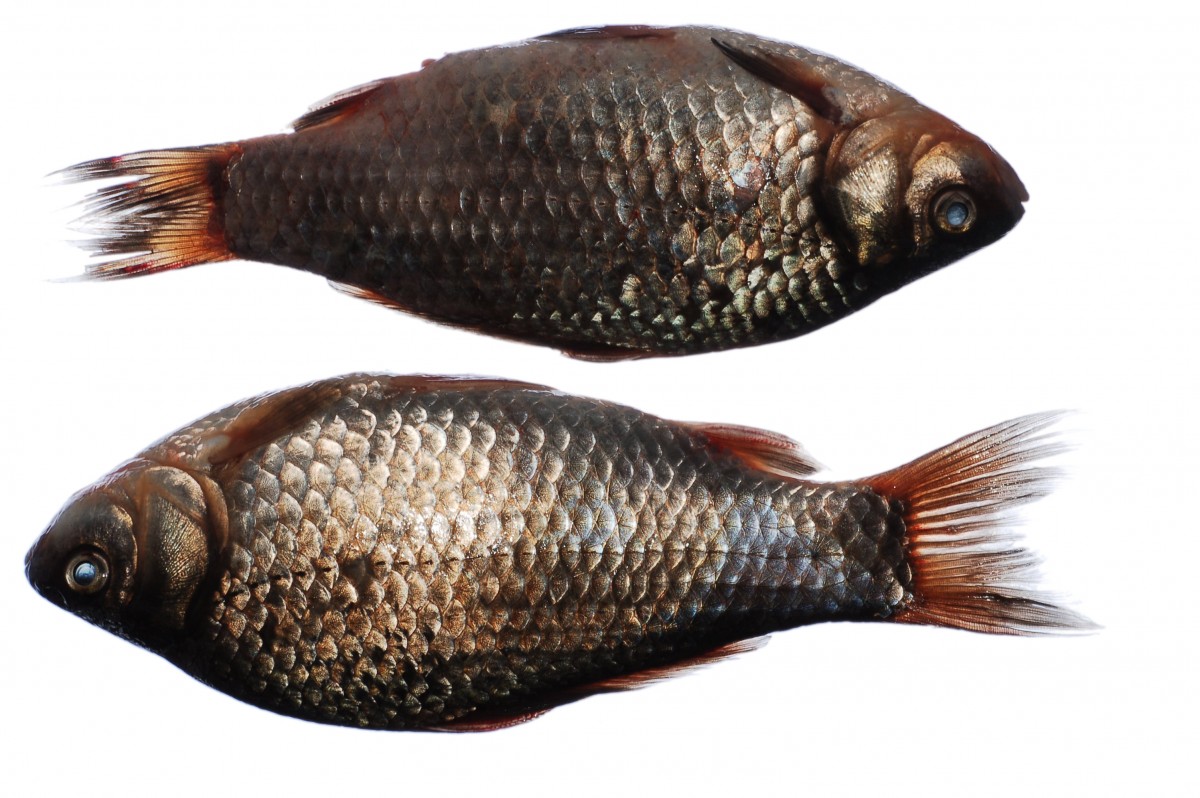
With DFC’s offices located in the Frontenac Arch Biosphere we’ve gotten used to being close to nature. Sometimes, after work, I’ll take a quick jaunt out to the lake right across the road, and watch from the shore as the fish do their thing. It’s quite relaxing! But I’ve long been curious about how our aquatic neighbours survive our harsh snowy winters. I mean, way down at the bottom of the lake, covered with ice, they must run out of oxygenated water pretty quickly…?
Turns out, they do – but some species that winter in frozen ponds and lakes have adapted a workaround. A study organized by the University of Oslo has looked at wild carp (and their domestic counterparts, goldfish) and determined that, when faced with reduced oxygen levels, these specific fish metabolize the carbohydrates in their systems into easily eliminated alcohols, rather than the usual toxic lactic acid. Essentially, their tiny bodies turn into living breweries!
“This comprises a modification of a set of the enzymes that channel energy-rich carbohydrates into mitochondria, the energy-producing parts of a cell. During their evolution, the fish gained a second set of the enzymes, which helps turn the metabolic products into alcohol when oxygen levels drop. The enzymes act in essentially the same way as brewer’s yeast.
‘Usually, other species die long before the decrease in oxygen availability is even a problem for the crucian carp,’ says [team leader Catherine] Fagernes. ‘By using this method, the fish gets rid of the dangerous end products.’”
It’s a true case of survival of the fittest. And also the tipsiest: for most of the winter, the carp’s blood alcohol levels would make them legally too drunk to drive. (If they could drive to begin with, of course…) I now think a little differently about the hardiness of my carp friends in a lake: instead of feeling pity, I’m now really impressed they’ve harnessed the power of science to make the winter a little less bleak, and more energy efficient!